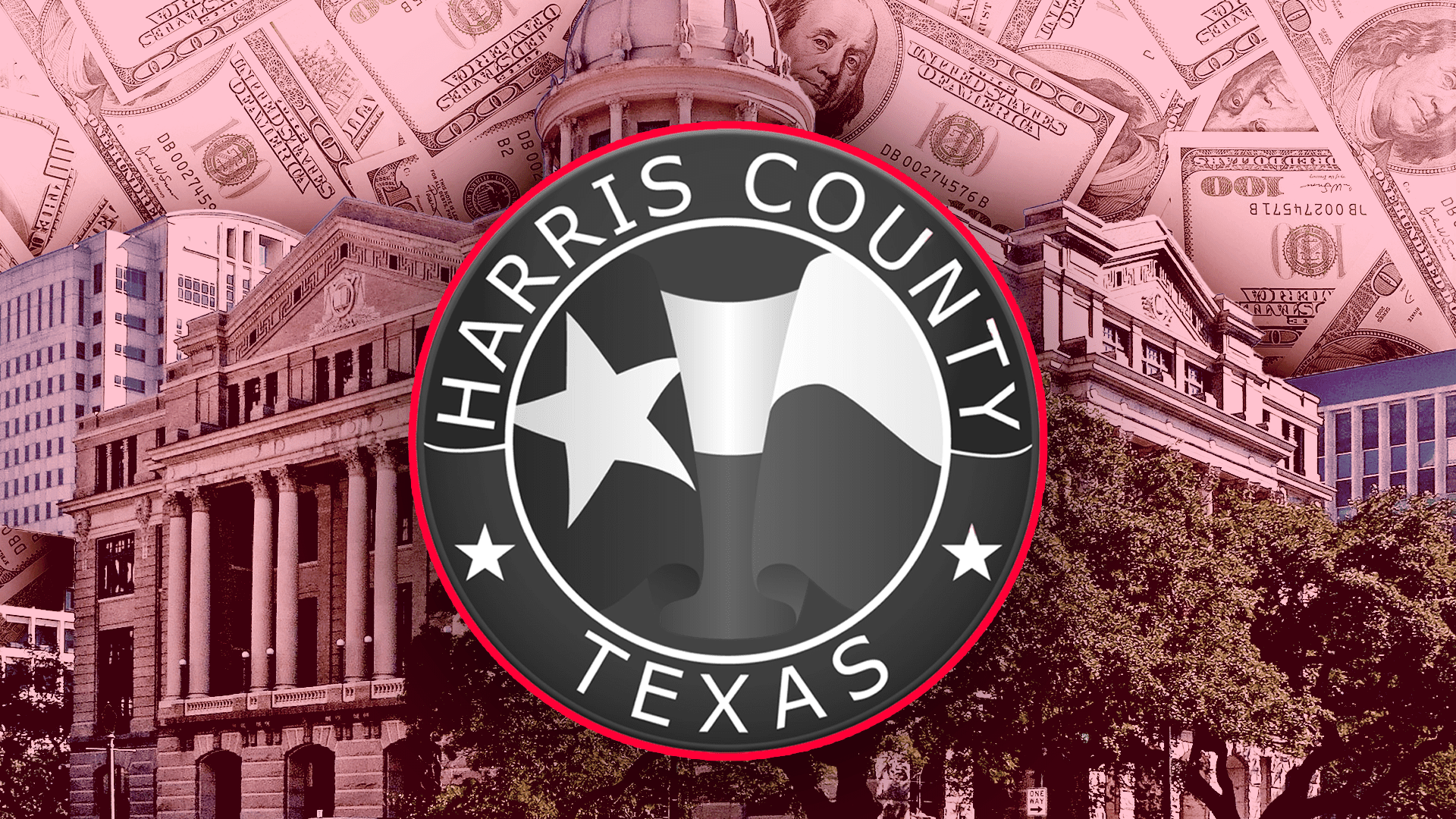The state’s demand for water is undoubtedly growing. The question is not if we need water. It’s a debate regarding the most prudent method by which to fund the State’s Water Plan.
Conservatives are already frustrated by Republican legislators who sided with Democrats on key legislation, voting against their conservative campaign promises. The 83rd Legislature spent $106 billion, or 26% more than the previous session.
Before reaching for the state’s emergency fund, basic services should have been funded first, either by ending revenue diversions or by reprioritizing a number of spending items. Despite record spending and a record surplus, neither water nor transportation was addressed until the end of the 3rd special session.
Austin has its funding priorities backwards.
As a result, legislators are asking voters on November 5th to approve a constitutional amendment that would take $2billion from the Economic Stabilization Fund (aka the “rainy day” fund), and use it to supplement the financing of water projects.
The funds will back borrowing to assist local governments, already saddled with record debt, in issuing even more. Some estimate the fund could support as much as $30 billion or more of new projects over the next fifty years, an amount that approaches the State’s total indebtedness to date (which has more than doubled over the last decade).
Texas currently has the second-highest per person, local debt in the nation. As of 2011, taxpayers were $233 billion in the hole, with 83% held locally by cities, schools and water districts.
The approval process to issue debt will be at the arbitrary discretion of the Water Development Board, which does not have statutory limitations requiring the funds be used only on projects that expand water production.
They can be used for low-interest loans, credit enhancement agreements, the deferral of interest obligations and other methods. Proposition 6 advocates claim the scope of financing is limited to the 562 projects in the state’s water plan; but that’s somewhat misleading.
Thanks to Republican spendoholics like Charlie Geren (HD-99) in north Texas, districts charged with supplying water like the Tarrant Regional Water District, have been authorized to waste millions of your dollars on economic development slush funds. The TRVA, a subsidiary of TRWD, recently approved plans to build an outdoor ice rink! So much for water…
It begs a very important question: Why would we encourage more state and local borrowing when water districts are allowed to spend millions on projects not related to water production?
To protect taxpayers, Ron Simmons (HD-65) authored an amendment which garnered support from other north Texas conservatives like Giovanni Capriglione (HD-98), who both pleaded for basic transparency requirements that would have posted water project expenditures online for public scrutiny and accountability. GOP moderates vehemently opposed it, similar to when they had joined Democrats in rejecting other debt-related transparency proposals earlier in the session.
We’ve previously criticized the lack of transparency in local bond proposals that are deceiving taxpayers as to the true cost of debt. And now we’re being asked to trust that politicians won’t engage in similar shenanigans at the state level?
We cannot expect an unelected water board to limit itself. Nor can we expect water districts to expand water capacity and frivolous “skating-rink” projects without incurring crippling debt levels.
Based on the structure of this proposal, it’s likely that Texans expecting lower taxes will be left out to dry.
If Republicans were serious about limiting government and expanding water capacity, they should have passed the relevant safeguards along with Proposition 6. As Dustin Matocha recently reported, they’ve taken the easier route by launching re-branding campaigns hoping that baseless rhetoric and political platitudes will distract voters from challenging their irresponsible voting records.
Don’t be fooled.




